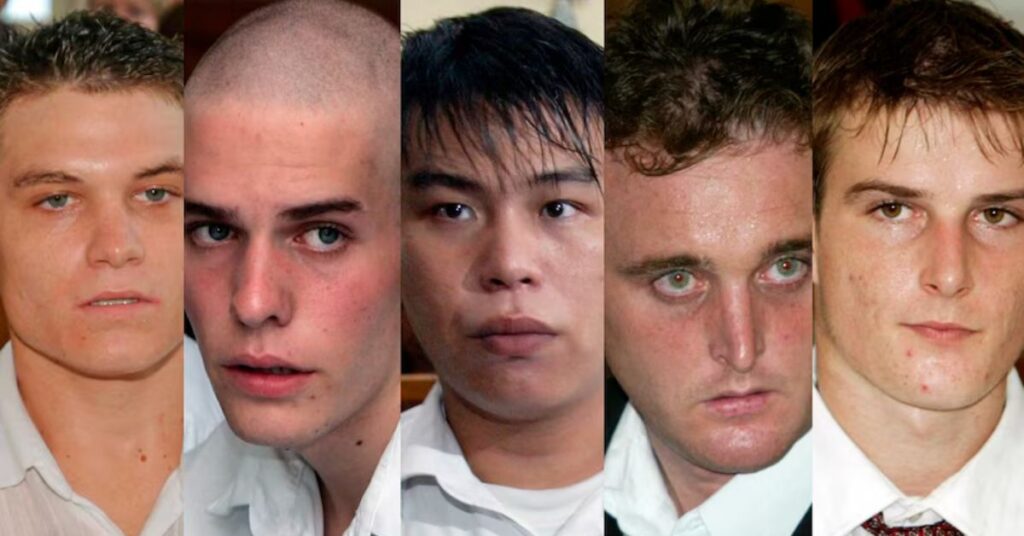Indonesia has agreed to send back the five remaining members of the Bali Nine drug-smuggling group to Australia. These men have been serving life sentences in Indonesia since their arrests in 2005.
Key Details of the Agreement
- Prisoner Transfer Talks: Indonesian Law Minister Supratman Andi Agtas confirmed the agreement. He said this decision fits with Indonesia’s humanitarian policies. It also includes a plan to return Indonesian prisoners held in Australia.
- Australian Support: Australian Prime Minister Anthony Albanese played a key role in getting this agreement. He brought up the situation during the recent APEC Summit in Peru while meeting with Indonesian President Prabowo Subianto. This is an important step in addressing concerns about these prisoners’ welfare.
- Repatriation Timeline: The transfer is expected to happen before Christmas, depending on final decisions from Indonesian officials in December.
Background on the Bali Nine

The Bali Nine were arrested in 2005 for trying to smuggle over 8 kilograms of heroin from Indonesia to Australia. The group had nine members, but their cases have since developed differently:
- Executions and Deaths: Ringleaders Andrew Chan and Myuran Sukumaran were executed in 2015, which created diplomatic tensions between Australia and Indonesia. Another member, Tan Duc Than Nguyen, died of cancer in 2018.
- Remaining Members: The five members returning are Scott Rush, Matthew Norman, Si-Yi Chen, Martin Stephens, and Michael Czugaj. They were all young when arrested and have been serving life sentences under tough conditions without the chance for parole.
Humanitarian Concerns
The decision to bring these prisoners back comes amidst worries about their mental health. Renae Lawrence, the only Bali Nine member previously released, has shared that the years in prison have taken a toll on the others. Their families have also faced a lot of emotional and financial struggles.
Religious leaders and advocates support this decision. Bishop Tim Harris of Townsville, who has long called for leniency for the Bali Nine, praised this move as an act of compassion.
What Happens Next?
Once back in Australia, the five men will continue serving their sentences under Australian law. Legal experts believe they may not have to serve life sentences and could receive shorter terms based on local reviews.
This agreement helps improve the relationship between Australia and Indonesia, which was strained by past executions. It also sets a precedent for future prisoner transfers between the two countries.
Diplomatic Implications
The repatriation shows a growing trend in international diplomacy, balancing justice with compassion. Both countries have shown a commitment to strengthen their relationship while respecting each other’s legal systems.
As this situation develops, it highlights the complexities of drug-related crimes and international justice.